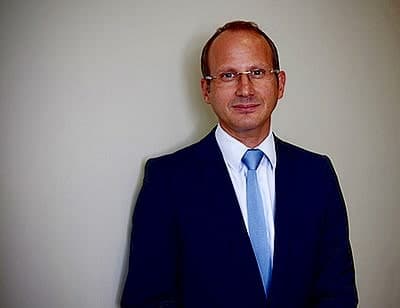A little bit of history
Early disease models of mental distress were based on the theory that chemical imbalances within the brain lead to symptoms of illness that can be corrected by medication. Although the theory was considered inadequate as early as the mid-1980s, it has still continued to be the basis lying behind the diagnosis and treatment of many conditions such as schizophrenia and depression.
Survival strategies such as self-harm, hearing voices, and eating “disorders” are often judged by mainstream wisdom as “symptoms” of “mental illness” rather than a natural and normal response to difficult life experiences.
Mad in America & Mad in the UK
Author Robert Whitaker, founder of Mad in America, has written and spoken (along with others) about looking beyond the medical approach. He challenges the prevailing disease model as an effective means of treating mental distress saying that it has not achieved the outcomes expected and has failed to produce scientific evidence that it is improving the mental health of the American public.
Sue Newham, Engagement Officer in our team, met Robert at a Compassionate Mental Health conference in Hereford in 2019 and wrote about it here.
There is now a Mad in the UK project which aims “to serve as a catalyst for fundamentally re-thinking theory and practice in the field of mental health in the UK, and promoting positive change.”
Trauma
There is an increasing acceptance that trauma contributes hugely to mental distress and new ways of working are gradually being developed and introduced to support people in Powys, although the medical model is still the dominant one overall.
Non-medical approaches to mental distress
There are several projects that have shown success in the non-medical treatment of mental distress, including: the Soteria Network; the Norway Medication Free Initiative; and Open Dialogue’s model developed in Finland.
Open Dialogue
Open Dialogue is an innovative model of mental health care which involves a consistent family and social network approach where all treatment is carried out via a whole system / network meetings, which always include the patient.
People experiencing a mental health crisis are met within 24 hours and again daily until the crisis is resolved. Hospitalisation is avoided along with its consequential stigma. Meetings instead are usually in the homes of those seeking support. The use of anti-psychotic medication is avoided wherever possible.
The Open Dialogue approach was pioneered in Finland by Jaakko Seikkula and colleagues in the 1980s. Film maker Daniel Mackler made a film about the approach: OPEN DIALOGUE: an alternative Finnish approach to healing psychosis.
In recent years there have been several Open Dialogue UK pilot projects including the ODDESSI trial in England. Training in the Open Dialogue approach is also available from a number of UK providers.
Professor Peter Kinderman on how we can all help ourselves to have happier, healthier lives

“People are often blamed for how they think. The insulting label of ‘personality disorder’, for example, manages both to label people as “ill” and simultaneously blame them for their ways of thinking.”
Professor Peter Kinderman, Director of the University of Liverpool’s Institute of Psychology, Health & Society, writes about what we can do to help ourselves lead happier, healthier lives. More here.
Interview with Psychologist Lucy Johnstone
Part of The Future of Mental Health Interview Series on the Psychology Today website. Lucy talks about the possibility of “non-diagnosis” and psychological formulation. More here.
Other interviews in The Future of Mental Health Interview Series are available here.
From mental illness to a social model of madness and distress

A report considering the stigmatizing and unhelpful approach of the medical model which dominates professional and public thinking. With contributions from mental health service users/survivors. Supported by Joseph Rowntree Foundation, the NSUN network for mental health and Shaping our Lives – an independent national user controlled organisation, think tank and network. More here.


